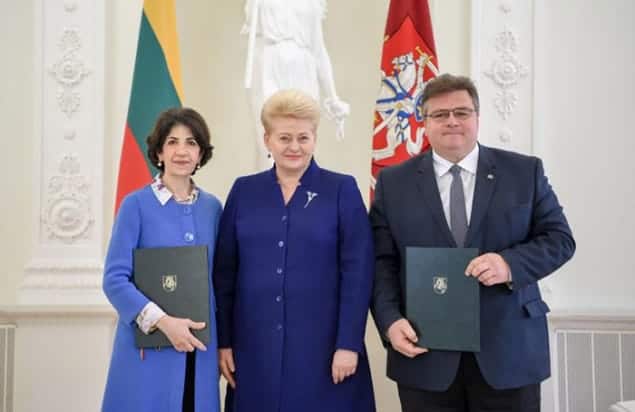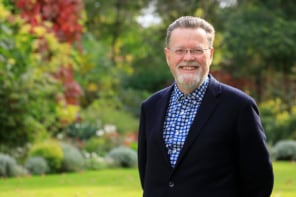
Lithuania is on course to become an associate member of CERN, pending final approval by the Lithuanian parliament. Associate membership will allow representatives of the Baltic country to take part in meetings of the CERN Council, which oversees the Geneva-based physics lab. Lithuanian citizens will be eligible to work in certain roles at CERN and companies based in Lithuania will be able to bid on CERN contracts.
The relationship between Lithuania and CERN began in 2004, when the country signed an agreement of co-operation with the lab. Since then, Lithuanian physicists have become involved with the CMS experiment on the Large Hadron Collider (LHC), with a focus on data mining and data-quality analysis. Researchers from Lithuania are also involved in developing new detector technologies for the LHC.
Impetus for growth
“Co-operation with CERN gives a new impetus for economic growth, provides an opportunity for us to take part in global research and opens a wide horizon for our youth,” said Lithuanian president Dalia Grybauskaitė at a signing ceremony in Vilnius that was attended by CERN’s director-general Fabiola Gianotti. Twenty-two countries are full members of CERN, which also has six associate members – two of which are on track to full membership.



